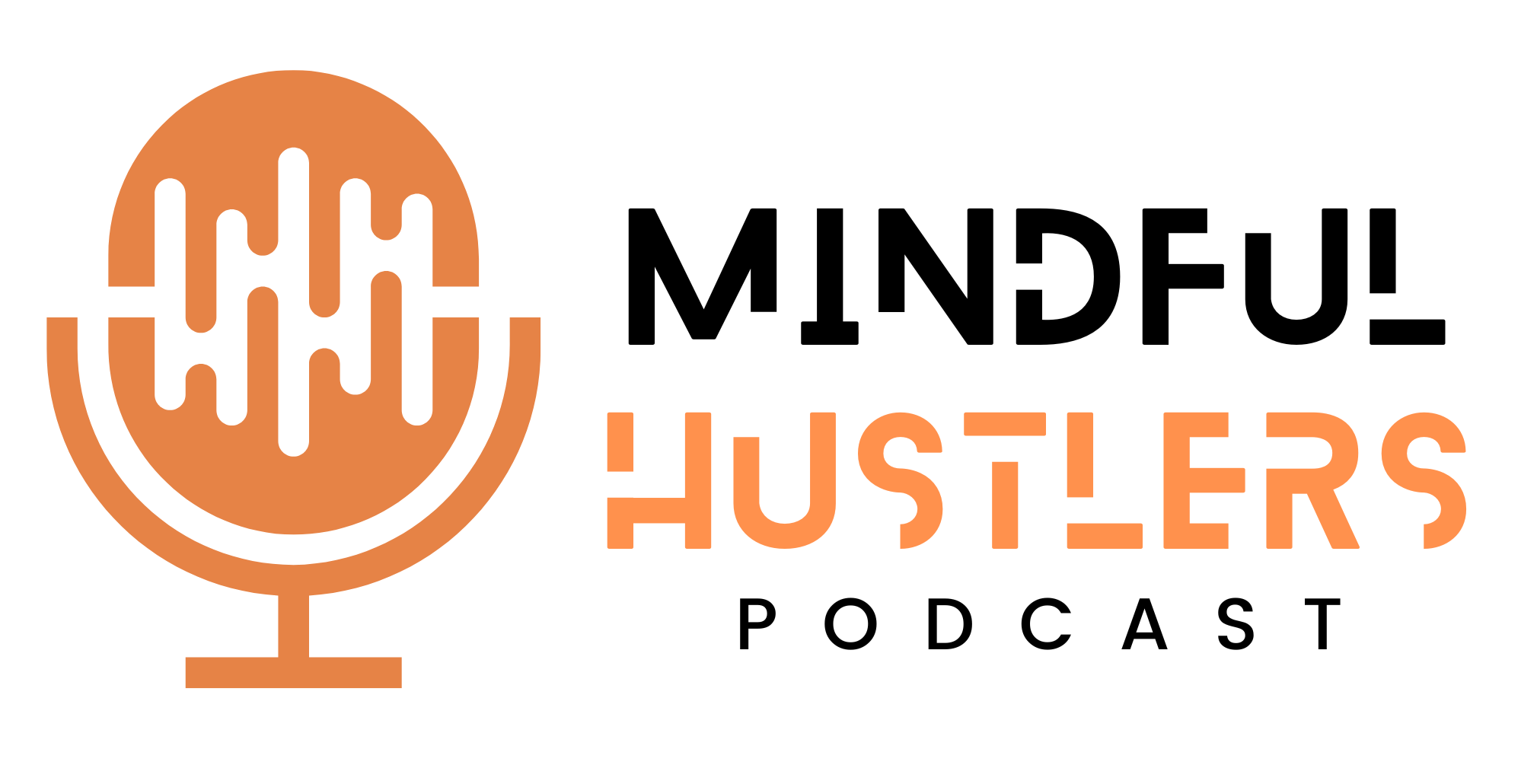No products in the cart.
UNBREAKABLE: THE HUSTLE, THE SYSTEM & THE ROAD TO POWER
Part 1: The Hustler’s Blueprint (Childhood To The First Hustles)
Chapter 1: Born Into The Game
I wasn’t born with a silver spoon.
I wasn’t the kid who got birthday money stuffed in a card from some rich uncle. I wasn’t the one wearing the freshest kicks or coming to school with a packed lunch that actually looked like it belonged in a commercial.
I was born into survival mode.
Some people get to wake up and just exist. They get to move through life like they’re on a guided tour, safe from the wolves. But for me? For a lot of us? We come out the womb already playing defense.
We learn fast that if you want something, you get up and take it. Because nobody—nobody—is gonna hand it to you.
Chapter 2: The First Hustle – The Snow Shovel & The Lesson In Sales
I was eight years old when I made my first real dollar.
Not some allowance from my parents. Not some Christmas gift. I earned it.
Winter hit hard that year. Snow piled up like walls around the neighborhood, thick and heavy, trapping people inside their own homes. I saw grown men out there struggling with plastic shovels, slipping on ice, cursing under their breath.
And then I saw opportunity.
I took an old shovel, walked to my neighbor’s house, knocked on the door, and said, “I’ll clear your driveway for five bucks.”
The man looked at me—this scrawny little kid, barely able to hold the shovel properly—and smirked. But then he sighed, pulled
out his wallet, and said, “Go ahead, kid.”
Five dollars.
That was the first taste of real money.
I finished that driveway, then went to the next house. And the next. By the time the day was done, my fingers were numb, my legs were sore, but my pockets were twenty dollars heavier. And back then? Twenty bucks felt like power.
Chapter 3: From Snow to Candy – The Flip Game Begins Winter passed, but the hustler’s mindset didn’t.
The moment I learned that people would pay me for convenience? The game changed.
Next move? Candy.
There was a little convenience store a few blocks from my school. They sold big bags of mixed candies—gummy worms, sour keys, chocolate bars, all that. I did the math real quick:
Buy the big bag for $10
Break it down into smaller ziplock bags
Sell each bag for $2 a piece
Make back $30-$40 per batch
I’d show up to school with my backpack loaded. While teachers thought I was carrying extra notebooks, I was running an underground candy shop right out my locker.
I was moving real weight—sugar weight.
Teachers started catching on. They’d see kids crowding around me between classes, exchanging crumpled bills for a pack of Skittles like we were in some back-alley drug deal. They tried shutting it down, calling it “disruptive.”
But see, this was my first real lesson in economics—when the demand is high, and the supply is controlled, you can name your price.
So I did what any smart businessman would do—I outsourced.
I brought in two younger kids from another grade. Gave them a cut of the profits. While teachers watched me, they ran the product.
And that’s when I realized:
If you can get money without doing all the work yourself—
You’ve already won the game.
Chapter 4: The Terry Fox Run – The Hustle Turns Criminal
I was a natural hustler. By the time I was a little older, I could sell ice to a polar bear, sand to a camel, rain to a storm cloud. I had the gift.
So when the school announced the Terry Fox Run, I saw another opportunity.
They gave out pledge sheets—students were supposed to go door-to-door, asking for donations to support cancer research. The money could be collected in cash or checks.
And here’s what I noticed:
The checks had to be made out to the Terry Fox Foundation.
The cash didn’t.
You see where this is going.
I dressed up sharp—dress pants, nice shoes, even a little button-up shirt. Made myself look like I was some straight-A honor roll kid doing something good for the world.
I went door-to-door in neighborhoods where people actually had money. Told them I was running in the marathon, and I needed sponsors.
And they gave.
Some people wrote checks. Those went straight to the school.
But the cash?
That went straight to my pocket.
I stacked up a couple hundred before the event even happened. Walked back into school like nothing happened.
That was the precursor to my downtrodden fall into deeper hustles. It wasn’t about just making money anymore—it was about exploiting the game.
And that?
That’s when everything changed.
Chapter 5: The Transition – From Candy to Consequences
There comes a point when the hustle stops being innocent.
It starts out small. Flipping candy. Selling sneakers.
Running cons like the Terry Fox hustle.
But the problem is, when you learn how easy it is to make money, the hunger never stops.
You start thinking bigger. Riskier.
I started running with the wrong crowd.
I started learning from the streets instead of school.
I started seeing money in a different way—
fast money, real money.
And fast money always comes with a price.
Chapter 6: The System Pushes You In
Here’s what they don’t tell you about the streets.
Most people don’t choose them.
The system pushes you into them.
You see your family struggling.
You see the legal ways of making money are slow, boring, or designed to keep you trapped.
You realize nobody is coming to save you.
So you start making choices.
And those choices?
Some of them come back to haunt you.



Leave a Reply